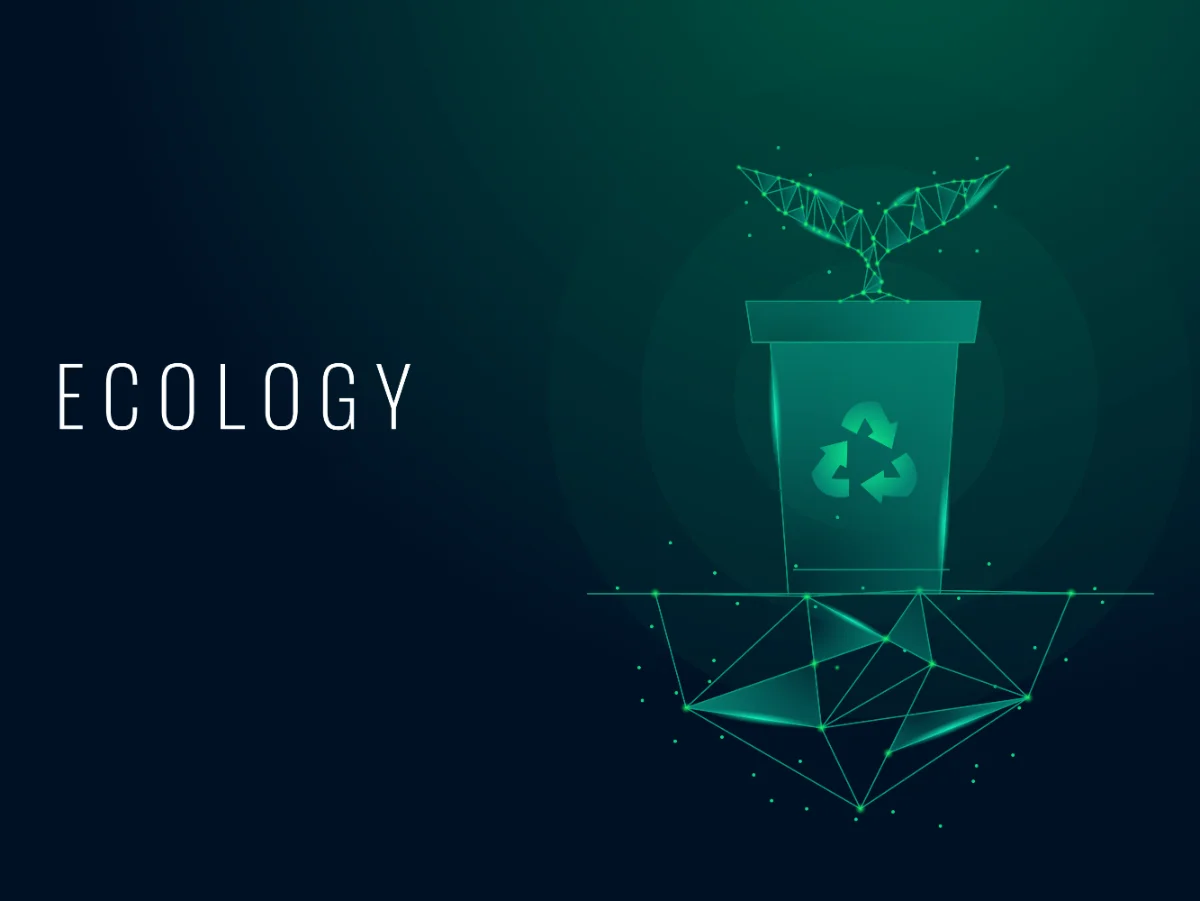In een tijdperk waarin duurzaamheid en milieubehoud van het grootste belang zijn geworden, staat de recyclingindustrie voorop in wereldwijde inspanningen om afval te verminderen en de circulaire economie te bevorderen. Kunstmatige intelligentie (AI) zorgt voor een revolutie in deze sector en biedt innovatieve oplossingen om de efficiëntie en effectiviteit van recyclingprocessen te verbeteren, met name in de handel in recyclebare materialen. Dit artikel gaat dieper in op hoe AI de toekomst van de handel in recyclebare materialen vormgeeft, met de nadruk op de transformerende impact van door AI aangestuurde technologieën en platforms, zoals machines voor het recyclen van plastic, om groei en duurzaamheid in deze essentiële industrie te stimuleren.
Inhoud
The AI Revolution in Recycling
The global crackdown on plastic waste exports has underscored the urgent need for more efficient recycling systems. As countries like the UK and China restrict the export of plastic waste, the demand for advanced solutions to manage and recycle these materials domestically has surged. AI and big data are stepping up to meet this challenge, transforming the recycling industry with smarter, more effective technologies.
Enhancing Sorting Efficiency with AI
One of the primary applications of AI in recycling is in the improvement of waste sorting processes. Start-ups like Greyparrot are utilizing AI and machine learning to significantly enhance the accuracy of sorting various recyclables, including plastics. This technology not only improves the quality of materials for recycling but also boosts operational efficiency, reducing contamination and increasing the amount of recyclable materials that can be recovered.
Digital Twins: Mapping the Journey of Waste
Topolytics is another innovator in the field, employing AI to create a digital twin of the world’s waste system. By integrating data from various sources, this platform offers unprecedented visibility into the journey of recyclable materials, from their point of origin to their final destination. This level of transparency is vital for businesses and authorities to track and optimize recycling processes, ensuring materials do not end up in landfills unnecessarily.
AI-Powered Marketplaces for Recyclables
Safi, a platform leveraging AI for quality control and deal management, exemplifies how AI technologies are facilitating the global trade of recyclables. By connecting buyers and sellers through a transparent, efficient online marketplace, Safi ensures the quality and reliability of materials being traded. This not only simplifies the trading process but also opens up new opportunities for businesses to engage in the recyclable materials market without the risk of low-quality inputs.
De rol van Kunststofrecyclingmachines
Incorporating AI into plastic recyclingmachines presents a game-changer for the industry. These advanced machines can sort plastics with unprecedented precision, segregate materials for optimal recycling, and even identify and eliminate contaminants that previously made recycling infeasible for certain types of plastic waste. The integration of AI thus significantly expands the capabilities and efficiency of plastic recycling machines, making them a cornerstone of modern recycling facilities.
Driving Sustainable Growth
The adoption of AI in recycling does more than just improve operational efficiencies; it paves the way for a more sustainable and circular global economy. By increasing the amount of recyclables that can be effectively processed and reused, AI minimizes waste and reduces the reliance on virgin materials, contributing to the conservation of natural resources and the reduction of carbon emissions.
Conclusie
AI’s role in enhancing the recyclingindustrie is undeniable, offering innovative solutions to age-old challenges. As the world moves towards more sustainable practices, the integration of AI in recycling, especially through advanced plastic recycling machines, is a critical step towards a greener future. The growth of the global trade in recyclables, powered by AI, not only benefits the environment but also presents significant economic opportunities, driving forward the global commitment to sustainability and circular economy principles.
Veelgestelde vragen (FAQ's)
What is the role of AI in recycling?
AI plays a crucial role in enhancing the efficiency and effectiveness of recycling processes. It improves the accuracy of waste sorting, tracks the journey of recyclables, and facilitates the global trade of recyclable materials through digital platforms.
How does AI improve plastic recycling?
AI technologies integrated into plastic recycling machines increase sorting precision, reduce contamination, and expand the types of plastic that can be recycled. This makes recycling processes more efficient and environmentally friendly.
Can AI help reduce waste going to landfills?
Yes, AI can significantly reduce the amount of waste sent to landfills by improving sorting accuracy, ensuring better quality control, and enabling the tracking of recyclables to ensure they are properly recycled.
How do AI-powered marketplaces for recyclables work?
AI-powered marketplaces, like Safi, connect buyers and sellers of recyclables in a transparent and efficient online platform. They use AI for quality control and deal management, ensuring the reliability and quality of materials being traded.
What are the benefits of AI in the recycling industry?
AI offers numerous benefits, including increased operational efficiency, enhanced sorting and recycling rates, reduced environmental impact through minimized waste, and the promotion of a circular economy by facilitating the global trade in recyclables.




